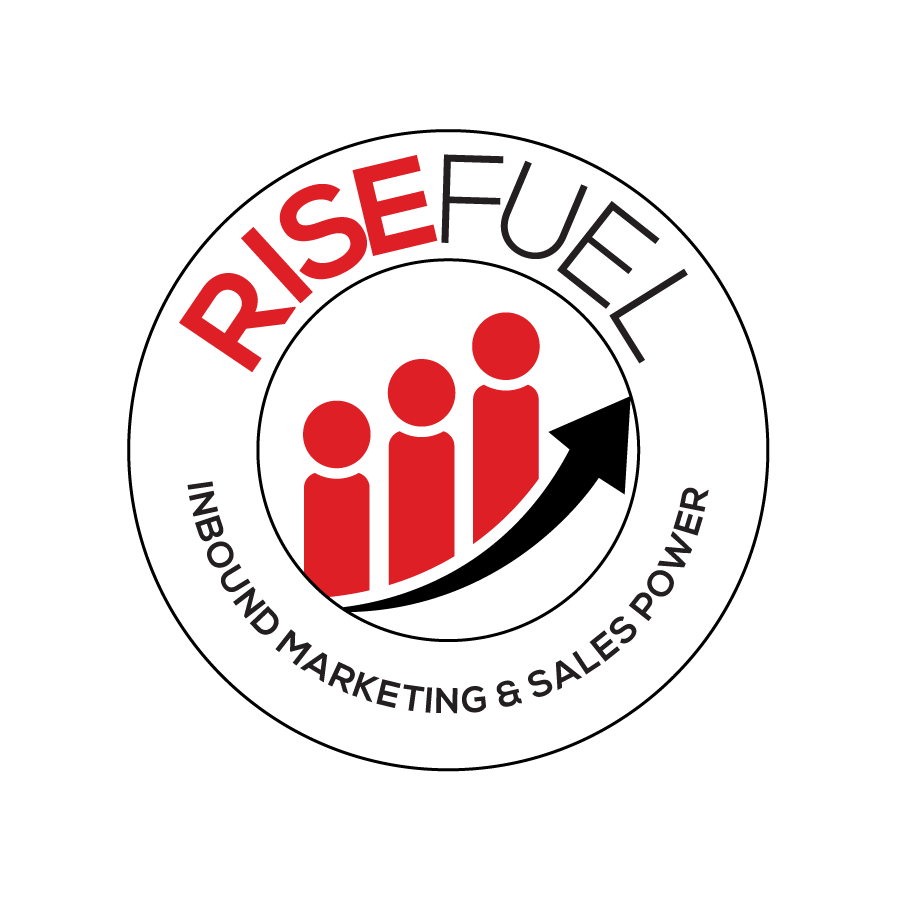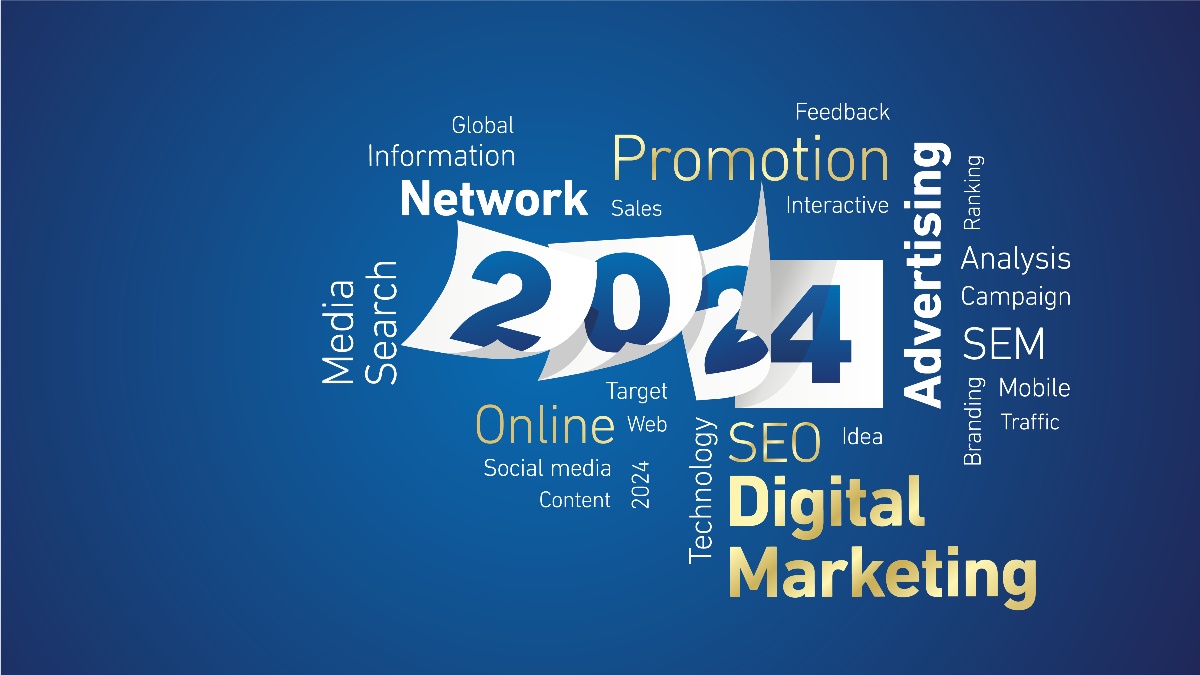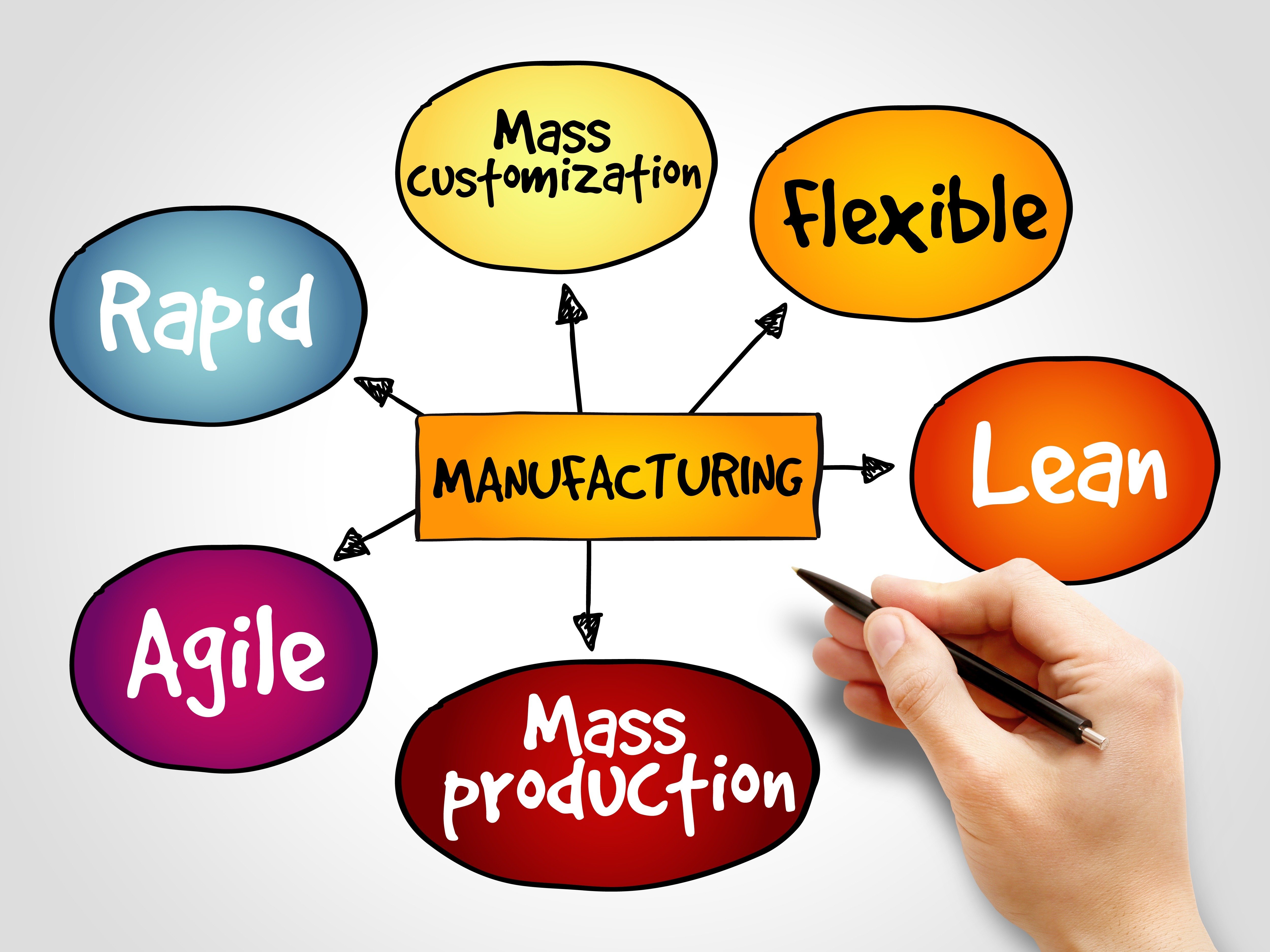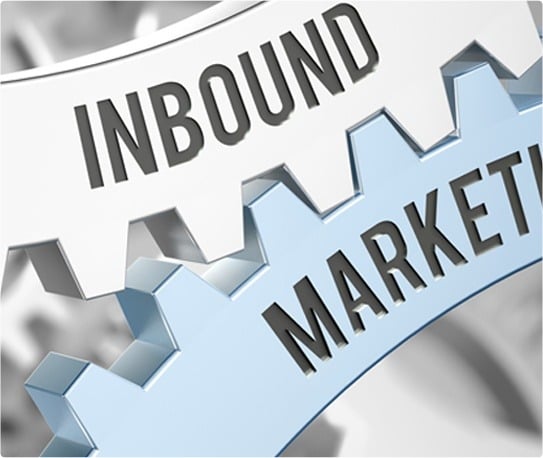Maximizing Marketing: Strategies for Manufacturing Success
Evolving Landscape of Marketing for Manufacturing Companies
In today's competitive landscape, the manufacturing industry has seen a significant evolution in its approach to marketing. Historically, manufacturing companies placed a strong emphasis on sales and often relied heavily on referrals for lead generation. However, with the changing dynamics of consumer behavior and the rise of digital technologies, there has been a noticeable shift towards embracing marketing as a critical component of business strategy.
A prime motivator for this shift is the recognition of the manifold advantages that effective marketing offers to manufacturers. These benefits include a noticeable increase in lead conversions, heightened brand awareness, the opportunity to position the company as a thought leader in its niche, as well as a tangible improvement in customer loyalty. This shift in focus has prompted manufacturing companies to reevaluate their marketing strategies and explore innovative digital marketing approaches that align with the evolving needs and preferences of their target audience.
As the landscape continues to evolve, specific needs, challenges, and opportunities have emerged in the realm of marketing for manufacturing companies. These include the need to effectively utilize digital marketing channels, the challenge of differentiating products in a competitive market, the opportunity to leverage data analytics for strategic decision-making, and the need to create engaging and valuable content that resonates with potential customers. Addressing these specific needs, challenges, and opportunities will be pivotal for manufacturing companies to adapt, thrive, and maintain a competitive edge in the rapidly changing marketing landscape.
Significance of Marketing for Manufacturing Companies
In today's rapidly evolving manufacturing landscape, the significance of effective marketing strategies cannot be overstated. Historically, manufacturing companies have primarily focused on sales, often relying on referrals for lead generation. However, with the increased competition and changing consumer behavior, embracing marketing has become essential for sustained growth and success in the industry.
The implementation of robust marketing strategies offers numerous advantages for manufacturers, including increased lead conversions, heightened brand awareness, positioning as a thought leader in the industry, and fostering enhanced customer loyalty. For instance, a manufacturing company that strategically utilizes digital marketing, content marketing, and social media can significantly elevate its brand visibility, engage with potential clients, and build a loyal customer base.
Furthermore, the specific needs, challenges, and opportunities associated with marketing for manufacturing companies are distinct. These include addressing the complex nature of products, catering to the longer sales cycles typical in the manufacturing industry, and navigating the decision-making processes involving multiple stakeholders in B2B transactions. Therefore, understanding and effectively addressing these unique challenges is paramount in creating marketing strategies that resonate with the target audience and drive business growth in the competitive manufacturing landscape.
 Targeting the Right Audience
Targeting the Right Audience
Identifying and targeting the right audience is crucial for the success of marketing strategies in the manufacturing industry. With the diverse range of products and services offered by manufacturing companies, it's essential to segment the audience to ensure that the marketing efforts are reaching the right prospects. For example, a company specializing in industrial machinery should tailor its marketing strategies differently when targeting a construction company compared to when targeting a food processing plant. By understanding the specific needs, challenges, and purchase processes of different businesses, manufacturing companies can align their marketing strategies to effectively address the unique requirements of each audience segment.
Moreover, the differences in marketing strategies for B2B and B2C audiences within the manufacturing industry are substantial. While B2B marketing focuses on addressing the specific needs of other businesses, the B2C approach involves appealing to individual consumers and their distinct purchase drivers. The B2B marketing landscape in manufacturing often presents challenges such as longer sales cycles, complex products, and multiple decision-makers. On the other hand, B2C marketing may require a more emotionally-driven approach to resonate with individual consumers. Understanding these differences is vital for manufacturing companies to tailor their messaging, content, and channels effectively to engage and convert their target audience, whether it's other businesses or individual consumers.
Building a Strong Online Presence
In today's competitive landscape, manufacturing companies need to establish a robust online presence to effectively reach and engage their target audience. An integrated digital marketing strategy is essential for building this online presence, as it helps in allocating resources effectively and developing compelling online content that resonates with the audience. For example, a manufacturing company may invest in search engine optimization (SEO), pay-per-click (PPC) advertising, and content marketing to improve its online visibility and attract potential customers.
Furthermore, the company's website serves as the central hub for its online marketing efforts. It should be regularly updated, responsive across various devices, and user-friendly to provide a seamless experience for visitors [3]. For instance, a manufacturing company specializing in industrial equipment can optimize its website by providing detailed product information, high-quality images, and engaging video content to showcase its offerings effectively.
Moreover, leveraging marketing technology and automation tools can streamline various processes, such as lead nurturing, email marketing, and social media management, to enhance the company's online presence and engagement with its target audience. For example, the implementation of customer relationship management (CRM) software can help manufacturing companies effectively track and manage their interactions with potential and existing customers, leading to improved customer satisfaction and retention. By embracing these strategies, manufacturing companies can elevate their online presence, effectively connect with their audience, and ultimately drive business growth in the digital sphere. [1]
 Content Marketing for Manufacturing Companies
Content Marketing for Manufacturing Companies
Content marketing is a pivotal strategy for manufacturing companies, as it involves creating and distributing valuable and relevant content to attract and engage a clearly defined target audience. This approach allows companies to position themselves as thought leaders in their industry by providing educational resources that address the needs and challenges of potential buyers. For instance, a manufacturing company specializing in industrial equipment can create blog posts that offer insights into the latest industry trends and developments, thus establishing itself as a go-to source for valuable information. Additionally, the company can produce case studies showcasing successful implementations of their equipment, demonstrating their expertise and building trust with potential customers.
Furthermore, the industrial buying cycle consists of multiple stages, including identifying needs, researching information, evaluating suppliers, and making a purchase. To effectively address each stage, manufacturing companies must tailor their content to provide relevant and valuable information at every step of the buyer's journey. For example, an eBook detailing the key factors to consider when evaluating suppliers can be a valuable resource for potential buyers in the evaluation stage, positioning the manufacturing company as a knowledgeable and trustworthy partner. By aligning content with the buyer's journey, manufacturing companies can nurture leads and guide them towards making informed purchasing decisions, ultimately driving conversions and sales. Therefore, the ability to create targeted and informative content that resonates with the audience at each stage of the industrial buying cycle is crucial for the success of content marketing strategies in the manufacturing industry.
 Utilizing Social Media for Marketing
Utilizing Social Media for Marketing
Effective social media strategies are essential for manufacturing companies to establish a strong online presence and engage with their target audience in today's digital landscape. By strategically utilizing social media platforms, such as LinkedIn, Twitter, and Facebook, manufacturing companies can effectively engage with potential clients, showcase their expertise, and build brand visibility. For example, a manufacturing company can share industry insights and updates on LinkedIn, participate in Twitter chats or industry-related hashtags, and run targeted ad campaigns on Facebook to reach a wider audience and drive brand awareness.
Moreover, leveraging social media platforms like the Thomas Network and Google My Business allows manufacturing companies to increase their online visibility and connect with potential customers. For instance, creating a detailed and optimized company profile on the Thomas Network can help manufacturers showcase their products and capabilities to a relevant audience, while maintaining an updated Google My Business profile enables companies to appear prominently in local search results, thereby enhancing their visibility and accessibility to potential clients.
In essence, social media marketing is a powerful tool for manufacturing companies to not only engage with their audience but also to establish their brand as an industry leader and foster customer loyalty. By consistently sharing valuable content, engaging with followers, and leveraging targeted advertising, manufacturing companies can effectively utilize social media to drive brand recognition, customer engagement, and ultimately, business growth.
Significance of Marketing for Manufacturing Companies
The evolving landscape of marketing for manufacturing companies has seen a notable shift from a historical focus on sales to an embracing of marketing strategies. This transition is a response to the increasing competitiveness in the industry and the need for manufacturers to differentiate themselves, attract leads, and build brand awareness. The advantages of adopting effective marketing strategies for manufacturers are numerous, including increased lead conversions, heightened brand awareness, positioning as a thought leader, and enhanced customer loyalty.
Manufacturing companies face specific needs, challenges, and opportunities in the realm of marketing. For instance, B2B marketing involves targeting other businesses, understanding their complex purchase processes, and addressing their specific needs. On the other hand, B2C marketing focuses on individual consumers and appealing to their unique needs and purchase drivers. The long sales cycles, complex products, and multiple decision-makers in B2B marketing present distinct challenges that manufacturers must navigate. Moreover, the significance of identifying and targeting the appropriate audience through audience segmentation and buyer personas cannot be overstated. This tailored approach allows manufacturing companies to effectively position their products or services in the market and drive better engagement and conversion rates.
It is clear that marketing is integral to the success and sustainability of manufacturing companies. By acknowledging the evolving marketing landscape, understanding the advantages, and addressing specific needs, manufacturers can implement strategies that resonate with their target audience and propel their business forward in a competitive environment.
















